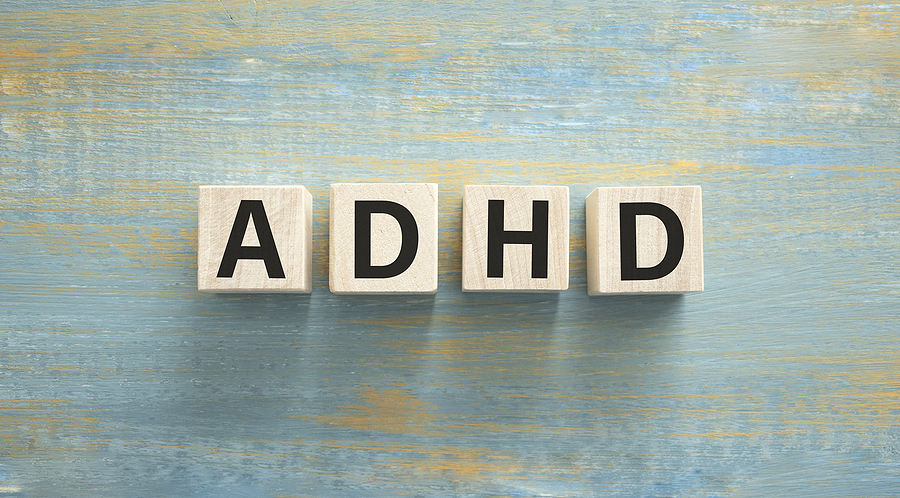What is ADHD?

ADHD, or Attention Deficit Hyperactivity Disorder (also sometimes referred to as ADD) is a common neurodevelopmental condition, with 3 core symptoms – inattention, hyperactivity and impulsivity. While ADHD has long been recognised as common in children, it is now known to persist into adulthood[i]. Approximately 65% of children with a diagnosis of ADHD continue to have symptoms in adulthood and 15% of those would meet the full diagnostic criteria[ii],[iii].
How does adult ADHD present?
Adult ADHDers may experience difficulties managing their emotions (emotional dysregulation), struggle with maintaining personal and social relationships, and may also achieve less in educational and occupational settings than they would like or would be expected to as compared to their peers.
There is also an increased rate of co-morbid mental health problems, such as anxiety and/or depression, road traffic accidents, and criminal convictions among adult ADHDers. In addition, suicide and self-harming behaviour occur at higher rates.

ADHD can be missed in childhood, leaving many people struggling with:
- Performing below the level expected in education and/or employment
- Frequent changes in jobs, missing promotions
- Getting easily distracted when trying to complete tasks or activities
- Fatigue as a result of feeling overwhelmed by all of the things needed to do daily, and from overthinking
- Starting tasks, particularly ones that are challenging
- Maintaining social contacts, or quickly growing bored with friendships and/or intimate relationships
- Low self-esteem and negative self-image

Help and support for adult ADHD
The HSE National Clinical Programme have produced a model of care for ADHD in adults in Ireland[iv]. This model emphasises the need for comprehensive and skilled assessments and evidence-based neurodiversity-affirmative multi-modal treatment. Currently there is a lack of public services for adult ADHDers in Ireland.
ADHD Ireland (https://adhdireland.ie/) is a useful starting place for support, education and acceptance. You will also find a list of clinicians who assess ADHD in adults on the ADHD Ireland page.
Services offered by EBTC
We offer a range of services for adults who identify as ADHDer, whether they have a diagnosis or not. We work individually with adults on their areas of concern or difficulty, exploring strengths and how these can be used to overcome challenges. We are also in the process of developing an ADHD skills group, with more information to follow.
We can also provide a comprehensive psychological assessment if you are looking for a diagnosis of ADHD. For more information, click here.
References
[i] Kooij et al 2010. https://doi.org/10.1186/1471-244X-10-67
[ii] Barkley et al 2002. https://doi.org/10.1037/0021-843X.111.2.279
[iii] Faraone et al 2006. https://doi.org/10.1017/S003329170500471X
[iv] HSE NCP ADHD Model of Care for Ireland, 2021. https://www.hse.ie/eng/about/who/cspd/ncps/mental-health/adhd/adhd-in-adults-ncp-model-of-care/



